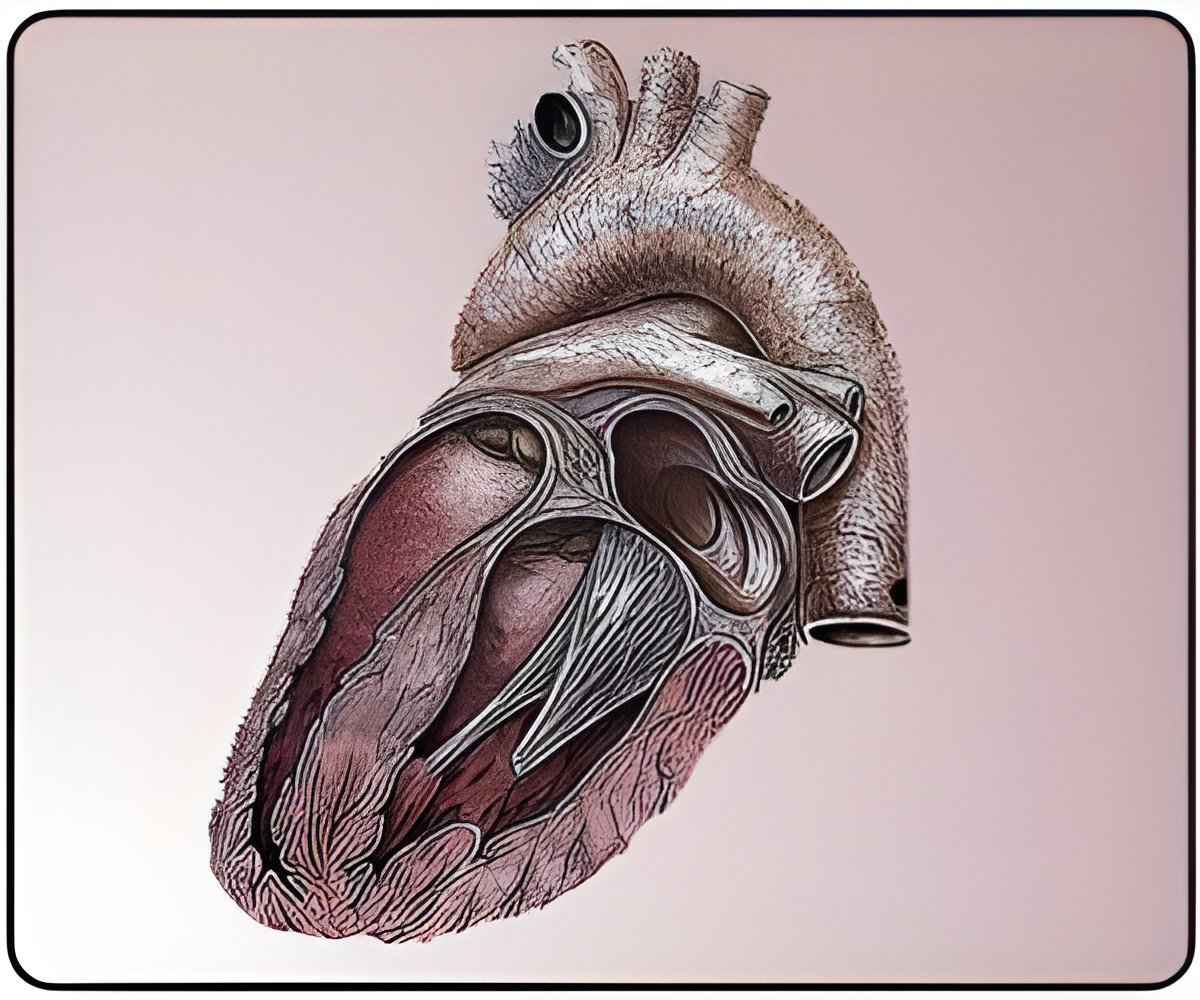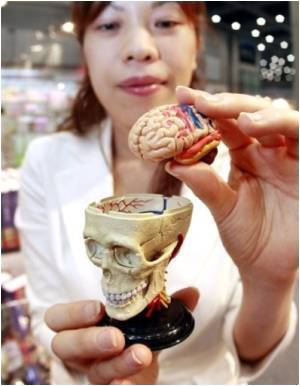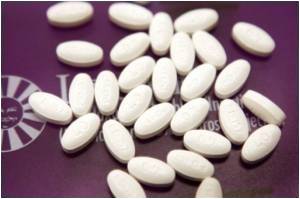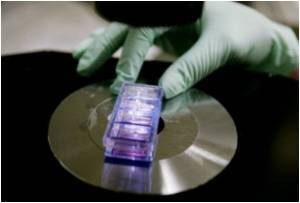Scientists have discovered that the biological function of 'good' cholesterol (HDL cholesterol) is just as vital in cutting the risk of coronary artery disease than its quantity.

This suggested that therapeutics that increase HDL levels do not yield clear-cut decreases in the disease, indicating that the beneficial effects of HDL are likely not related simply to its abundance.
The HDL from patients with CAD was found to lack anti-inflammatory effects on blood vessel-lining cells and could not stimulate repair of the blood vessel lining, according to the researchers.
In the view of Philip Shaul and Chieko Mineo, at The University of Texas Southwestern Medical Center, Dallas the data indicated that if the protective potential of HDL is to be harnessed, its biological functions as well as its abundance must be considered.
Source-ANI
 MEDINDIA
MEDINDIA




 Email
Email










